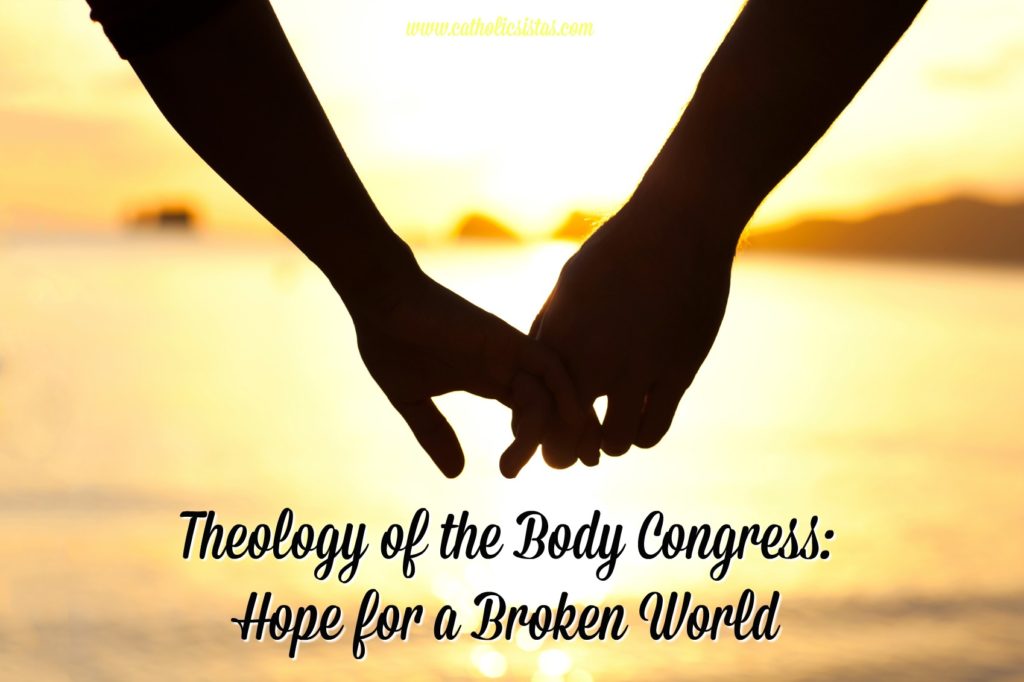Marriage is a fundamental unit that thrives on intimacy, appreciation, and communication, but it can also face challenges that test its resilience. In moments of relationship misunderstanding, striving, and uncertainty, relationship therapy offers couples a transformative space to reconnect and rediscover the essence of their relationship. By integrating medical insights and psychoanalytic techniques, therapy provides tools to navigate life’s transitions and deepen bonds. It is a proactive step toward cultivating a resilient, fulfilling partnership that thrives over time.
-
Helps Improve Intimacy and Connection
Couples facing unresolved conflicts, stress, burnout, or shifting life priorities may experience a gradual erosion of emotional connectedness, leaving their relationship feeling distant or strained. Relationship therapy delves into these dynamics, providing tools to rebuild intimacy on both emotional and physical levels.
Relationship Therapy Services from Relationshipsandmore.com in Westchester NY experts can undertake psychoanalytic approaches that are particularly effective in uncovering unconscious factors hindering closeness. These might include past relational patterns, fear of vulnerability, or deeply rooted insecurities that subtly affect how partners connect.
By bringing these issues to light, these therapists encourage couples to address them with empathy and understanding while reestablishing bonds through tailored practices such as fostering mindfulness. That helps partners stay present with one another by empowering them to explore attachment styles to address unmet emotional needs. These strategies revive passion and deepen emotional bonds, assisting couples to create a more vibrant, fulfilling partnership built on trust and genuine connection.
-
Helps Resolve Underlying Psychological Issues
Marriage is often a source of emotional support, but unresolved psychological challenges can strain most relationships. Couples counseling services craft a safe and structured environment to address these challenges, helping partners navigate issues like substance abuse, depression, anxiety, or unresolved trauma. Through tailored therapeutic approaches, counseling fosters open communication and equips couples with strategies to rebuild trust and emotional connection.
Such efforts can help restore intimacy after infidelity, manage the impact of chronic stress or sleep deprivation, and resolve parenting conflicts that create tension. Counselors guide couples in understanding and addressing these issues collaboratively, reducing misunderstandings and emotional withdrawal.
Working towards emotional stability and mutual support helps resolve the existing connection challenges and strengthens the relationship foundation for a healthier, more fulfilling future. Reliable couples therapists collaborate with licensed mental health professionals to ensure that couples receive specialized intervention.
-
Promotes Family Growth
Therapeutic settings offer couples a judgment-free zone where they can break free from the stagnation and redundancy that often arise from a lack of motivation or focus on the relationship. Therapists intervene using psychoanalytic and person-centered approaches, encouraging partners to renew their commitment and vigor in planning their future together. Such an environment fosters openness and dedication, allowing couples to address challenges without fear of judgment, thus enabling them to reestablish a shared vision for their family.
By offering fresh perspectives on relationship dynamics, therapists help couples rediscover the joy of working together, refocusing on shared values and goals. Through guidance on effective communication, couples learn how to express their emotions and needs with clarity, strengthening understanding and connection. The therapy process reignites a sense of partnership and excitement, allowing couples to move forward with renewed dedication to family planning and the future, embracing a fresh sense of purpose and unity.
-
Helps Families Navigate Life Transitions
Significant life changes- expected or unexpected, can trigger stress and disrupt the delicate balance of a marriage. Parenting, career shifts, health struggles, or financial instabilities can create significant family strain, testing the resilience of even robust relationships. However, seeking family therapy helps couples access professional support that empowers them to rise above such challenges.
These experts offer essential support by utilizing family systems theory and stress-reduction techniques to guide couples through overwhelming transitions. These approaches help couples understand the interconnectedness of their roles within the family, which empowers them to gain valuable insights into how to adapt to change and maintain a strong bond.
For instance, the arrival of a child may alter routines and introduce stress, but therapy can teach couples to manage differences in parenting styles and address the resulting tensions. Career changes or financial stressors can create uncertainty, and professional intervention helps couples adapt to new circumstances while strengthening their partnership. Similarly, during sickness or grief, expert therapy interventions provide proven strategies for coping with emotional distress due to changing routines and overwhelming time constraints while encouraging self-care and mutual support.
By addressing these challenges proactively, couples therapy helps couples avoid relationship breakdowns, prevent emotional distancing, and build long-term resilience, ensuring their relationship remains intact as they navigate life’s inevitable changes. That helps couples develop a shared vision for their future.
-
Instills Duty of Care Among Couples
Family therapy helps couples develop a strong sense of responsibility among couples by encouraging commitment to mutual growth and well-being. Therapists help partners recognize the importance of supporting one another through challenges, fostering empathy and understanding. The sense of responsibility incorporates fulfilling obligations and beyond; it also requires couples to be attuned to each other’s needs, offering comfort during tough times and taking proactive steps to strengthen the relationship.
For example, through empathy building, therapists encourage active listening, perspective-taking, and emotional validation, helping each partner better understand and support the other. Therapists also emphasize boundary setting, teaching couples how to establish healthy boundaries and negotiate effectively, ensuring each partner feels respected. Couples can set joint goals and make decisions by fostering shared responsibility and promoting collaboration. Also, experienced therapists can explore cognitive restructuring to help partners challenge negative thought patterns, creating a more positive and supportive approach to their relationship.
That way, therapy teaches couples how to create a nurturing environment where both partners feel valued and supported. Such duty of care helps cultivate a more balanced, resilient relationship, encouraging long-term emotional and relational growth while training couples to express feelings without blame and practice non-defensive listening.
-
Helps Couples Create Workable Value Systems
Comprehensive family counseling helps couples create relationships, dynamics, and patterns that support their partnership. It involves guiding couples in aligning their values with those of their partner. Therapists encourage open discussions about core beliefs, priorities, and goals, helping couples find common ground on foundational issues such as codependency, family dynamics, finances, and lifestyle choices. Through this exploration, couples better understand each other’s values and learn to respect differences while fostering unity.
Therapists also assist in creating a balanced family guideline that can serve as a foundation for decision-making and conflict resolution. By working together to develop and embrace a cohesive set of values, couples can strengthen their relationship and ensure that their choices align with their collective vision for the future, fostering deeper emotional connection and mutual respect.
In conclusion, couples who leverage the expertise of marriage counselors to align their vision and overcome challenges enhance their love and understanding successfully while restoring emotional connection and strengthening their bond. However, partnering with experienced therapists helps couples achieve workable solutions, fostering a more caring and supportive relationship while enjoying the value of confidential services and a supportive environment that promotes a healthy family relationship.






































